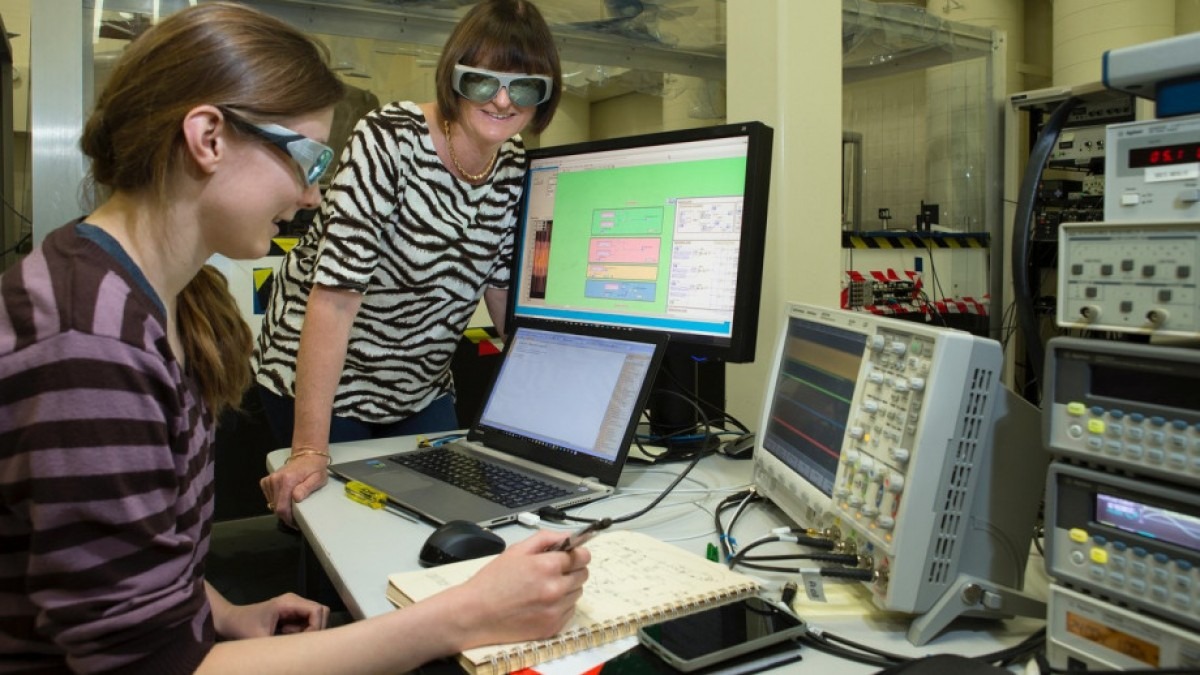An ANU physicist’s quest for success lightyears away
Imagine working on a project for 20 years before seeing any concrete outcome or results. That was Distinguished Professor Susan Scott's experience before making a huge discovery with her research team.
Despite the hard work, uncertainty and pressure, Susan says she would do it all again in a heartbeat.
Susan was a part of the international team of 1,000 scientists that detected ripples in space and time known as gravitational waves, for the first time in 2015.
"The long wait was particularly challenging. Not because we were impatient, but because it was incredibly hard to ask funding agencies, government and other scientists to maintain their faith in us and the project when we had no concrete results or guarantee of eventual success." Susan says.
More than 100 years ago, Albert Einstein predicted gravitational waves would be caused by a collision of massive objects in space such as black holes. Susan says being part of the international research team that scientifically proved Einstein's theory was not only monumental for the science of physics, it was a ground-breaking discovery that will allow scientists to unlock many secrets of the Universe.
"Being one of the very few women in my field for many years, made it a very difficult journey to survive and successfully establish a career in such a difficult environment, especially combined with bringing up children," she says.
Despite the challenges of Susan's work, her love for physics and space combined with a strong team and community at ANU have helped her to succeed.
"I love frequenting The Little Pickle café as I'm always running into colleagues from other science areas and chatting together about what we are each doing," Susan says.
"It's important to me to feel connected with the wider science community at ANU."
Susan is also passionate about teaching and sharing her expertise with her students.
"It's an exciting time to be a scientist in a new dawn for space discovery," she says.
"We're always learning new things and it's important we keep the next generation of scientists engaged in the wonders of the Universe."
In light of her achievements, she was recently appointed a Distinguished Professor by the University in recognition of her significant contributions to the study of gravitational waves and the ANU Research School of Physics.
Susan hopes her achievements in physics and space discovery and the recognition she's received from her colleagues encourages more young people, especially women, to pursue a career in science.

